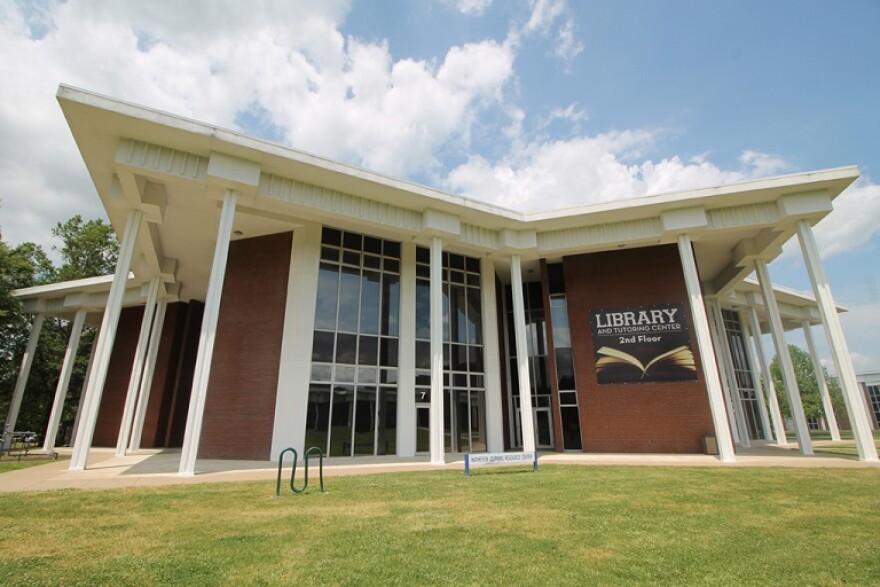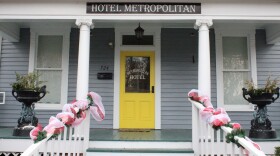This story has been edited.
West Kentucky Community & Technical College is renaming its office of Diversity, Equity and Inclusion to memorialize the Paducah institution’s first Black graduate.

A renaming ceremony this week on the school’s campus will see the office named in honor of Curlee Brown Jr., who graduated nearly seven decades ago. Brown attended what was then Paducah Junior College in the early 1950s, before many civil rights precedents had been established nationwide.
WKCTC president Anton Reece said it’s important to honor the legacy of individuals, like Brown, and remember the struggle they endured so that future generations can benefit from a more fair and equitable world of education.
“To have this renaming as one of many events that we will be celebrating Black History Month, Reminds me of the adage … ‘He or she that is ignorant of their history is destined to repeat it,’” Reece said. “This program’s for recognition. These are the events that are essential and a critical part of educating our populace.”
The Paducah Junior College alum wasn’t the only person in his family to fight for progress and equality in western Kentucky. His father, Curlee Brown Sr., served as the Paducah-McCracken County NAACP president for nearly 30 years and worked alongside a local attorney to fight the legal battle that allowed his son and daughter, Dora Lee Brown, to attend the school. Dora was the school’s second Black graduate, concluding her studies in 1957.
J.W. Cleary is the current president of the McCracken County-Paducah NAACP chapter. Cleary said Curlee Brown Sr. was a crusader for integrating African Americans into higher education and played a vital role in getting his family into college.
According to a 1969 Kentucky Historical Society article detailing the desegregation of Paducah Junior College, Brown Jr. was denied admission to the Paducah Junior College for the 1951 summer session. Cleary said Brown Sr. and Freeland filed a lawsuit against the college, and their hard work led to a courtroom victory that allowed Brown Jr. to gain acceptance in the college.
“One of the battles that he took on was trying to get African Americans there at [WKCTC], which at that time was called PJC [Paducah Junior College]. And so what it was, Curlee Brown Senior teamed up with a man by the name of Joseph Freeman,” Cleary said.

Brown and Freeland got advice from people like Thurgood Marshall and Robert Carter, who both served as special counsels for the NAACP Legal Defense and Educational Funds Inc. at the time.
Glen Murrell, who penned the Kentucky Historical Society article, wrote that this was one of the key developments in the beginning of racial integration in Kentucky higher education.
“This grew out of the collective action of the NAACP and individual commitment such as that of Joseph Freeland, whose grandfather fought on the side of the Confederacy during the Civil War,” Murrell said. “When on May 17, 1954, the Supreme Court ruled that racial segregation in the nation’s schools was unconstitutional, Paducah Junior College was already integrated.”
According to a 1955 letter from the principal of the now defunct Lincoln High School – which Brown Jr. attended – he was an exceptional college student and made the dean’s list every semester.
The renaming ceremony will be held Wednesday at 11 a.m. in the Anderson Technical building on WKCTC’s campus.





